
What happens to wine when it’s exposed to summer temperatures?
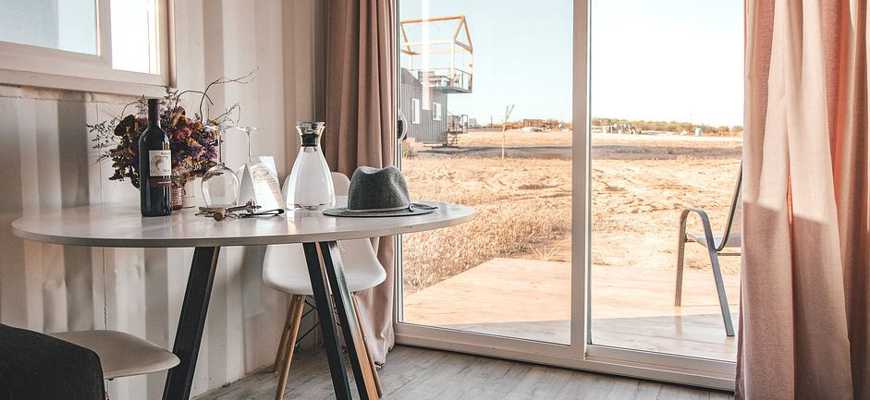
What happens to wine when its temperature is raising to ambient temperature, eg. because of moving to another flat, or because the wine cooler isn’t functioning and takes time to repair?
First of all wine is not to be mixed up with fresh products like milk.
Nothing noticeable happens within a short period of time (short means weeks to months).
If you own several hundred bottles and you have them out at the warm ambient temperature for several months eg. because of moving to another flat, then it may happen that a very few bottles noticeably change taste. Hardly ever the wine would be undrinkable because of this.
Certainly it is a different story if for a longer time (years) bottles are at ambient or even worse often changing temperature - and even worse, at very dry humidity (eg. 40° and less).
This can change taste of a significant part of the wine and destroy some of them over time.
Many wine lovers have just this scenario in mind and get nervous when their wine bottles are at ambient temperatures for a few days or weeks. They should not. Instead one should avoid the wine bottles (in particular old wine) to be shaken when moving them from one place to another, and keep it away from sunlight.
It is advisable to keep wine at a dark place and as cool as possible temperature as long as it is out of a wine fridge or temperature and humidity controlled room. If it takes a longer time (several weeks or more) until I get my wine cooler shipped or my climatized room finished and my wine is in a room with summer temperatures of well above 25°C, it’s advisable I to look for the coolest storage space in the flat/house (eg. basement/cellar) and put it there. Better to have it at 23° than at 30° for that time.
The problem with comparably high temperatures (30°) is not primarily the chemical reaction of the wine (this will take a longer period as discussed above), but the fact that there is overpressure in the wine bottle because the wine is eg. 20° warmer than usually and therefore will expand. If the cork is not perfect (and many corks are not), then it may happen that a little wine presses through the cork to the outside. Now there is a liquid bridge between inside and outside which over time (several months or longer) can bring oxygene to the inside. If this happens the wine may go bad.
Therefore: if I had a situation where the wine was at a very high temperature for weeks, I would advise to check the corks of those bottles which I plan to store for one or several more years. For this it may be necessary to remove the top of the cork cover, so one can see the cork. If I see wine spots (looks like dark molasses) on the outside of the cork, I would put these bottles forward and drink them within the next several months.


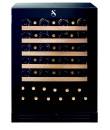
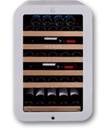
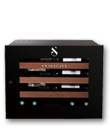
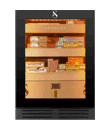
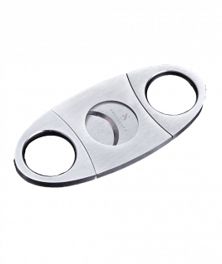



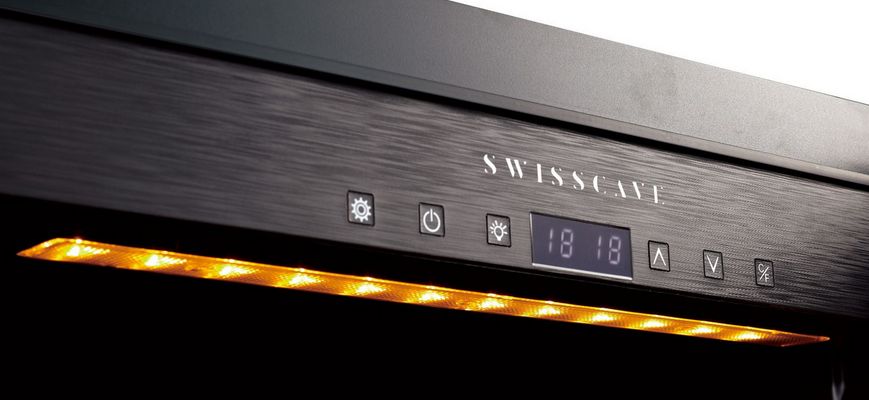







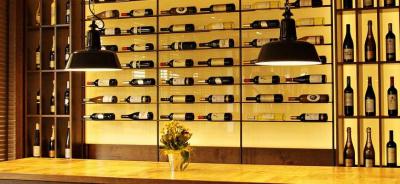
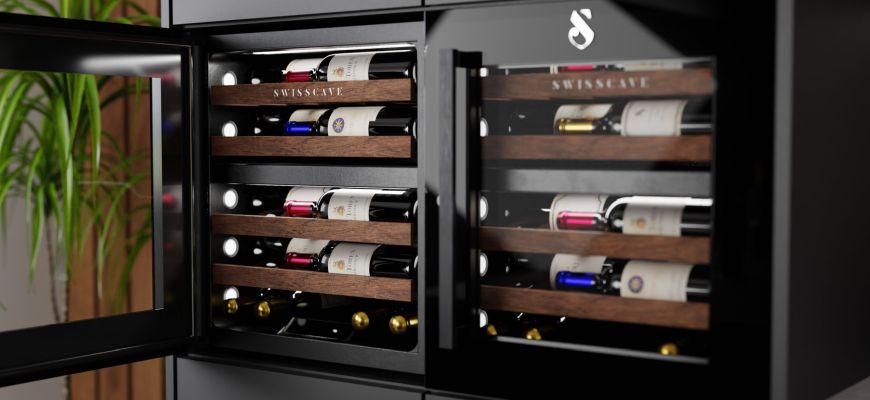
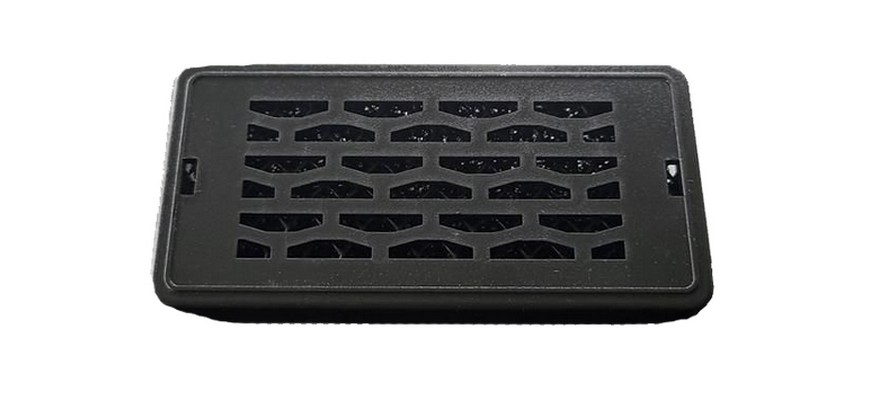






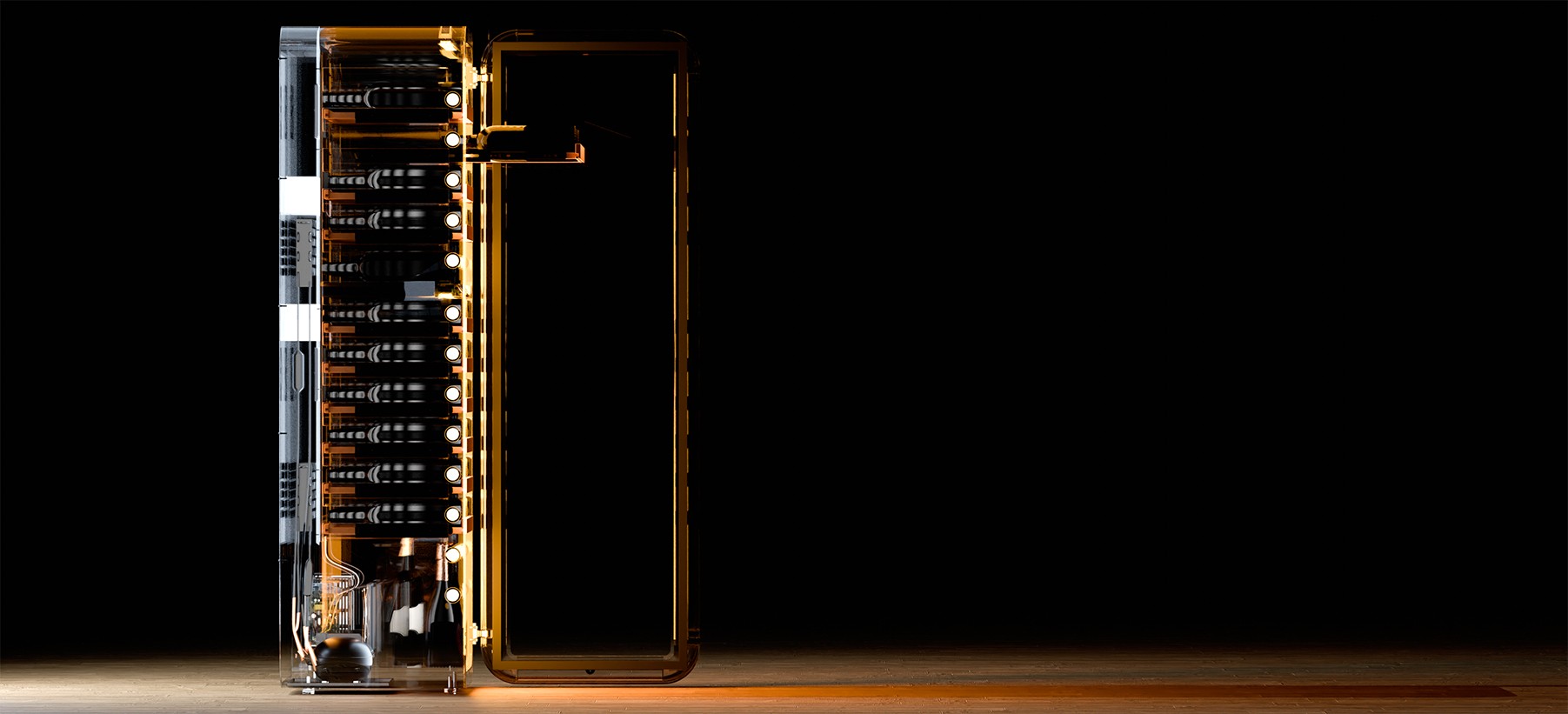


Comments